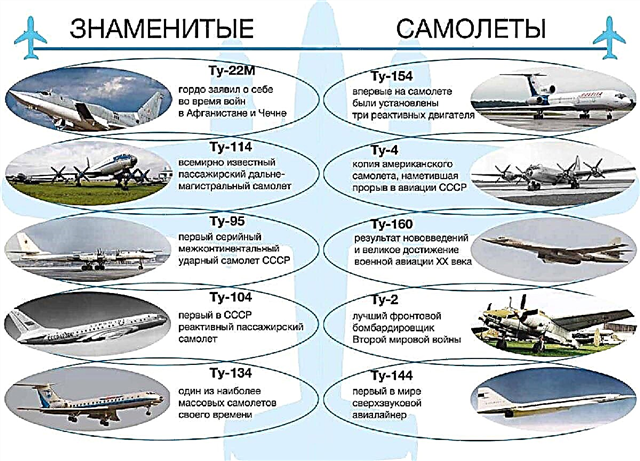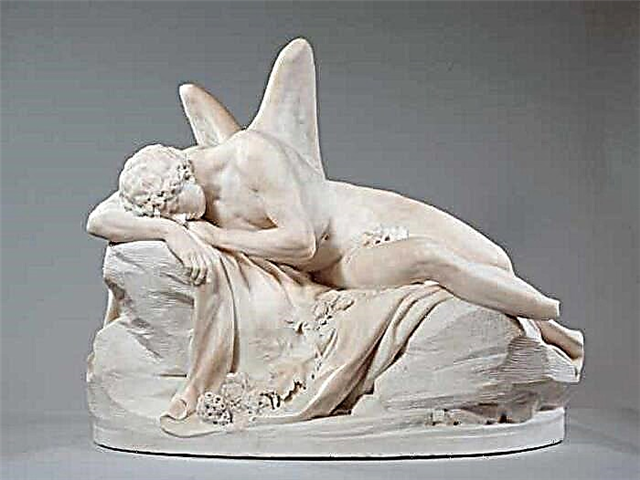What is Kabbalah? This question is of interest to many people, many of whom do not know what is really meant by this term. This word can be heard in conversations and on television, as well as in literature. In this article, we have selected the most relevant information about Kabbalah for you.
So, here are the most interesting facts about Kabbalah.

- Kabbalah is a religious-mystical, occult and esoteric movement in Judaism that emerged in the 12th century and became especially popular in the 16th century.
- Translated from Hebrew, the word “Kabbalah” literally means “receiving” or “tradition”.
- The main book for all adherents of Kabbalah is the Torah - the Pentateuch of Moses.
- There is such a concept as - esoteric Kabbalah, which is a tradition and claims to secret knowledge of the divine revelation contained in the Torah.
- Kabbalah sets itself the goal of comprehending the Creator and his creation, as well as cognizing the nature of man and his meaning of life. In addition, it contains information about the future of humanity.
- In the homeland of Kabbalah, only married men over 40 who do not suffer from mental disorders are allowed to study it in depth.
- There is a belief that experienced Kabbalists are able to curse a person through the use of red wine.
- The Orthodox and Catholic churches condemn the Kabbalah, calling it an occult movement.
- An interesting fact is that according to Kabbalah, monkeys are descendants of people who degraded after the construction of the Tower of Babel.
- Kabbalists claim that the first follower of Kabbalah is Adam - the first man created by God.
- According to Kabbalah, before the creation of the Earth (see interesting facts about the Earth), other worlds existed and, probably, many more worlds will appear in the future.
- Kabbalists wear a red woolen thread on their left hand, believing that through it negative energy comes into the soul and body.
- Hasidic Kabbalah prioritizes love for one's neighbor, joy and mercy.
- Kabbalah was recognized by all areas of Orthodox Judaism as an addition to traditional religious education.
- The ideas of Kabbalah were explored and developed in their works by such thinkers as Karl Jung, Benedict Spinoza, Nikolai Berdyaev, Vladimir Soloviev and many others.









